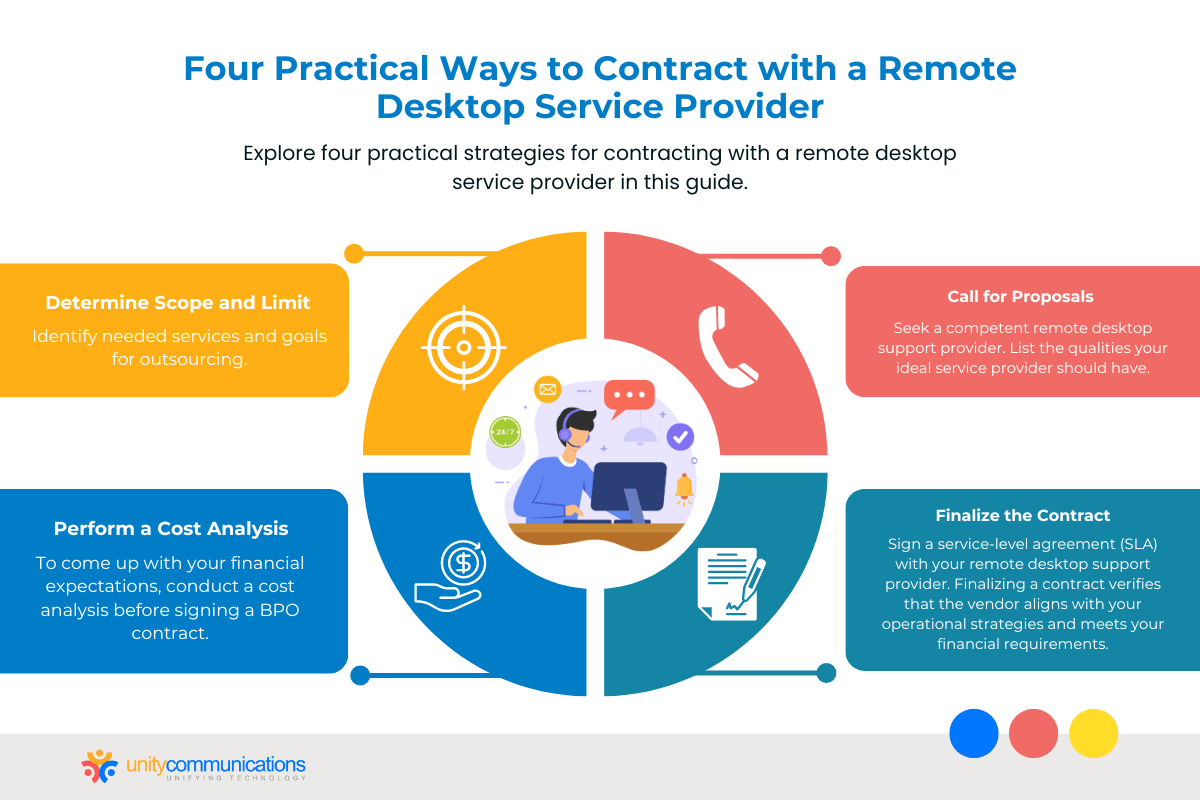Remote Professionals: Where Expertise Meets Adaptability
Remote Professionals: Where Expertise Meets Adaptability
Blog Article
Leading Abilities Every Remote Expert Requirements to Do Well
As remote work continues to improve professional landscapes, recognizing the vital skills that contribute to success in this setting is increasingly important. Efficient communication, time monitoring, self-motivation, adaptability, and technical efficiency are fundamental expertises that can considerably influence a remote professional's efficiency.
Effective Interaction Skills
In today's remote work setting, effective interaction skills are necessary for success. The capability to share ideas plainly and listen actively is extremely important when teams are distributed across different areas. Solid interaction fosters partnership, minimizes misunderstandings, and enhances efficiency.
A vital part of effective communication is flexibility. Remote experts have to have the ability to tailor their communication styles to fit diverse audiences, whether through composed records, video clip calls, or instant messaging. Remote Professionals. Clearness in composed interaction is especially vital; well-structured documents and concise e-mails assist stop complication and make sure that messages are recognized as planned
Moreover, energetic listening plays an important duty in remote communications. By showing listening and asking clarifying questions, individuals can develop rapport and count on among staff member, which is vital for keeping a cohesive job environment.
In addition, experience with different communication tools is essential. Proficiency in video clip conferencing platforms, project management software, and joint applications not only boosts interaction performance but additionally makes it possible for smooth synergy.

Time Management Strategies
Just how can remote experts efficiently handle their time in a setting filled up with distractions and competing priorities? One reliable strategy is the Pomodoro Method, which includes breaking infiltrate intervals, typically 25 minutes long, adhered to by short breaks. This technique improves focus and diminishes burnout, allowing specialists to preserve performance throughout the day.

Additionally, establishing clear objectives and due dates is important. Establishing daily and once a week objectives cultivates responsibility and gives an orientation. Using digital tools such as job management software can help with job monitoring and enhance partnership amongst staff member.
Self-Motivation Approaches
Self-motivation is the driving force that allows remote specialists to thrive in an adaptable workplace. To grow this essential ability, people can implement a number of efficient strategies that foster autonomy and efficiency.
First, setting clear, possible objectives is crucial. By breaking larger jobs right into smaller, convenient milestones, remote workers can preserve focus and experience a sense of accomplishment as they advance. This technique not just enhances motivation however likewise provides a roadmap for daily activities.
Additionally, developing a dedicated work area webpage can substantially affect self-motivation. An assigned location without diversions aids in developing an expert way of thinking, signifying to oneself that it is time to function.
Frequently scheduling breaks is another essential approach. Brief intermissions assist charge power degrees and endure concentration, avoiding exhaustion and advertising sustained efficiency throughout the day.
Furthermore, leveraging positive reinforcement can boost inspiration. Commemorating tiny victories or gratifying oneself after completing tasks can create a favorable comments loop that urges continuous effort.
Inevitably, taking on these self-motivation techniques empowers remote specialists to preserve high degrees of efficiency and satisfaction in their job, ensuring they stay engaged and reliable in their functions.
Adaptability and Versatility
Adaptability and adaptability are vital characteristics for remote specialists browsing the ever-changing landscape of remote work. As organizations significantly embrace crossbreed models and shifting concerns, remote workers should be prepared to get used to new scenarios with agility. This requires a frame of mind that accepts adjustment instead of resists it.
Remote specialists typically deal with varying time zones, diverse group dynamics, and advancing task requirements. Those that can pivot swiftly in response to these obstacles are more probable to keep performance and foster collaboration. Flexibility in scheduling can likewise improve work-life equilibrium, permitting specialists to enhance their outcome while accommodating personal dedications.
Moreover, adaptability extends past simple timetable adjustment; it involves a desire to discover and adopt new tools or approaches as they develop. Continual discovering and openness to feedback are essential components that encourage remote workers to thrive in uncertain atmospheres. By cultivating these skills, remote experts not only improve their very own performance yet likewise contribute positively to their teams and companies.
Technical Proficiency
In the context of remote job, technological effectiveness is increasingly crucial as experts count on numerous digital devices to assist in interaction, project, and partnership monitoring. Proficiency of software applications, cloud platforms, and communication devices is essential for seamless operations. This includes knowledge with video clip conferencing tools like Zoom or Microsoft Teams, task administration software click application such as Asana or Trello, and collective platforms like Google Workspace or Slack.
Moreover, technical efficiency includes understanding cybersecurity practices, ensuring that delicate info stays safeguarded during digital interactions. Remote experts ought to also be experienced at fixing typical technical issues, as dependence on technology implies that problems can develop suddenly. This capacity not just lessens downtime but additionally contributes to an extra reliable workflow.
In addition, staying updated on emerging technologies and patterns in remote job can offer an affordable side, allowing professionals to take advantage of new devices that boost productivity. In general, technical proficiency is a fundamental skill that empowers remote workers to browse the digital landscape properly, ensuring they can contribute meaningfully to their tasks and teams. you can try this out In a progressively digital globe, this ability is not merely advantageous; it is crucial for success.
Conclusion
To conclude, the successful navigating of remote workplace necessitates an extensive ability set encompassing effective communication, skilled time administration, robust self-motivation, and the ability to adapt to altering conditions. Furthermore, effectiveness in relevant technological tools is essential for preserving performance and cooperation. By cultivating these crucial abilities, remote specialists can enhance their performance, foster positive communications with coworkers, and inevitably flourish within the evolving landscape of remote work.
As remote work proceeds to reshape expert landscapes, comprehending the crucial skills that contribute to success in this environment is increasingly essential.Adaptability and adaptability are essential qualities for remote professionals navigating the ever-changing landscape of remote work. By cultivating these skills, remote professionals not just improve their own performance but likewise add positively to their organizations and teams.
In the context of remote job, technical proficiency is increasingly essential as professionals rely on various digital tools to facilitate communication, project, and collaboration administration. By growing these essential skills, remote professionals can boost their performance, foster positive communications with associates, and eventually thrive within the developing landscape of remote job.
Report this page